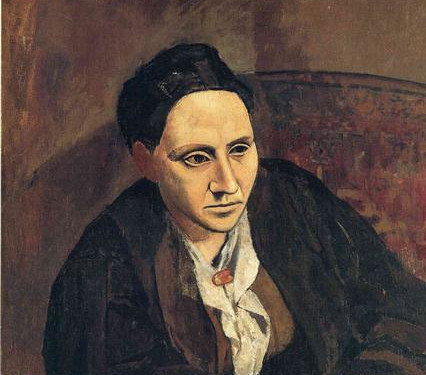Laura Ingalls Wilder? Melissa Gilbert? Michael Landon? John Hawkins? William Putman? Apocryphal?
Question for Quote Investigator: A comfortable and welcoming home is one of life’s greatest boons. The following remark resonates with people who have an enjoyable domestic life:
Home is the nicest word there is.
This statement is usually attributed to U.S. writer Laura Ingalls Wilder who is best known for the “Little House” series of children’s books. However, I have been unable to find this quotation in her oeuvre. Thus, I suspect the phrase has been misattributed. Would you please explore the provenance of this expression?
Reply from Quote Investigator: Researchers have been unable to find this statement in the writings of Laura Ingalls Wilder, but the confusion about the source is understandable because the phrase occurred in an episode of the popular television series “Little House on the Prairie” which was based on Wilder’s books.
The series ran between 1974 and 1983. The first episode after the pilot was titled “A Harvest of Friends”. The character Laura Ingalls played by Melissa Gilbert was the narrator. Laura conversed with her father Charles Ingalls played by Michael Landon while sitting in her bedroom in the newly built family home. Boldface added to excerpts by QI:1
Laura: And I’ve decided something.
Charles: What’s that, Half-Pint?
Laura: Home is the nicest word there is.
Charles: One of the nicest, that’s for sure.
The Internet Movie Database (IMDb) specifies John Hawkins and William Putman as creators of the episode teleplay. Hence, this duo probably deserves credit for the dialog.2
Laura Ingalls Wilder did employ a pre-existing proverb that extolled the value of homes within one of her books. Details are given below.
Here are additional selected citations in chronological order.
Continue reading “Quote Origin: Home Is the Nicest Word There Is”




